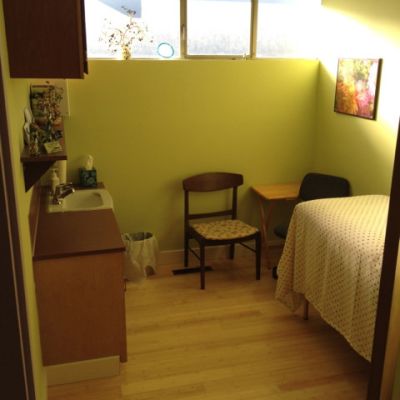Sexuality
This is where ‘aftercare’ comes in – a practice of holistic caring and attention-giving to one’s partner post-sex.
In the mid-month issue we have articles about the power of language to name, shame, and wound as well as articles about the subversive potential of language to turn the established order on its head and sing and dance around it.Here we mean language, as in not-just-English.
It’s an entire genre of poetry known as rekhti, which was characterised by a female speaker and preoccupation with women’s everyday lives.It is counter posed to rekhta, the “literature narrated in the masculine voice”.
On a Saturday morning, a group of adults gather in a circle in an elementary school classroom on the campus…
Feminist, activist, writer, counsellor and trainer, Nandini Rao, focuses on issues of gender-based violence and discrimination, sexuality and disability and on incest and child sexual abuse.
In our mid-month issue we have an interesting medley of articles many of which talk about the memory of and in the body. Rashi Kapoor presents a therapist’s perspective on body memory and healing, Debanuj Das Gupta offers us a deeply personal and political insight into AIDS, melancholia and queer memory…
If not for these memories, my exploration of sexuality would perhaps have stopped a few years ago, when I was single for a long time and didn’t know if I could find someone like me.
Home. Be it a real home or an aspirational one, the very word evokes longing and a sense of comfort, safety, and belongingness. As this month’s articles show us, when it comes to home and sexuality, sometimes the real and the aspirational meet and sometimes they do not. Our homes may house us but they may or may not have room for our sexual expression and desires.
Coming back to finding a utopic home within the narratives from The Night Train at Deoli, the book wasn’t necessarily an escape from what constituted the material home, but rather an assurance that love can have plural possibilities, and so can what comes to be ‘home’.
गुमशुदा घरों से जुडी कहानियाँ आज दुनिया के कोने-कोने में मिलती हैं, लेकिन फिर भी देखा गया है कि लोग…
Over time, I realised that ‘home’ meant not just the physical and emotional space occupied by my parents, but also a set of practices or strictures, mostly dictated by parents, related to gender roles, religion, sex, marriage, friendships and ‘appropriate’ behaviour.
In a way, Mrs Chatterjee’s worst fears had been confirmed. The hostel was indeed dangerous – not because of “raging hormones”, but because wewere constantly initiating discussions and circumstances which challenged the patriarchal status quo.
As an integral aspect of the self, sexuality is at the core of home in the ways in which that home designs space for sexual being, an evolving sexual self, sexual experience and sexual expression, or does not do so, or does so for some members of the home but not for others.
So, even though “home” is supposed to be a place of comfort – a personal space which should allow us to express our gender, sexuality and bodies freely – this notion of home stands defeated in reality, where there are certain unsaid rules which govern the distribution and use of space.















